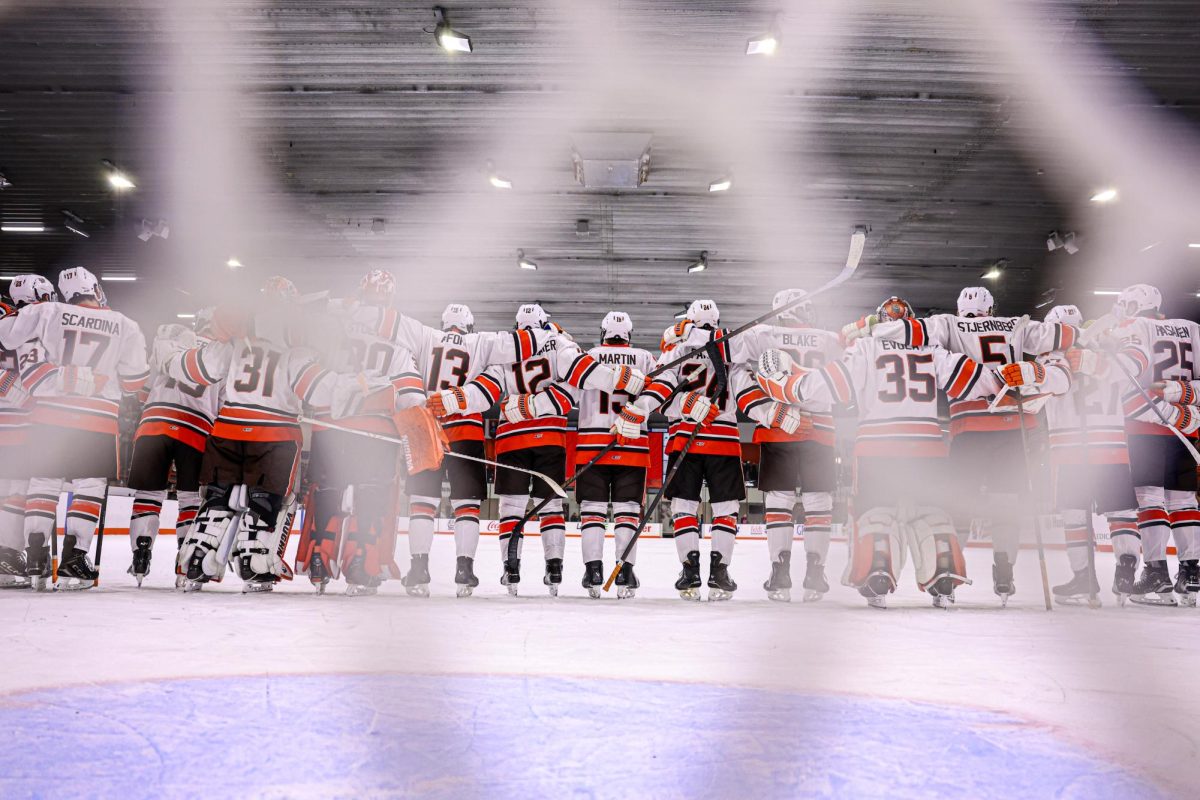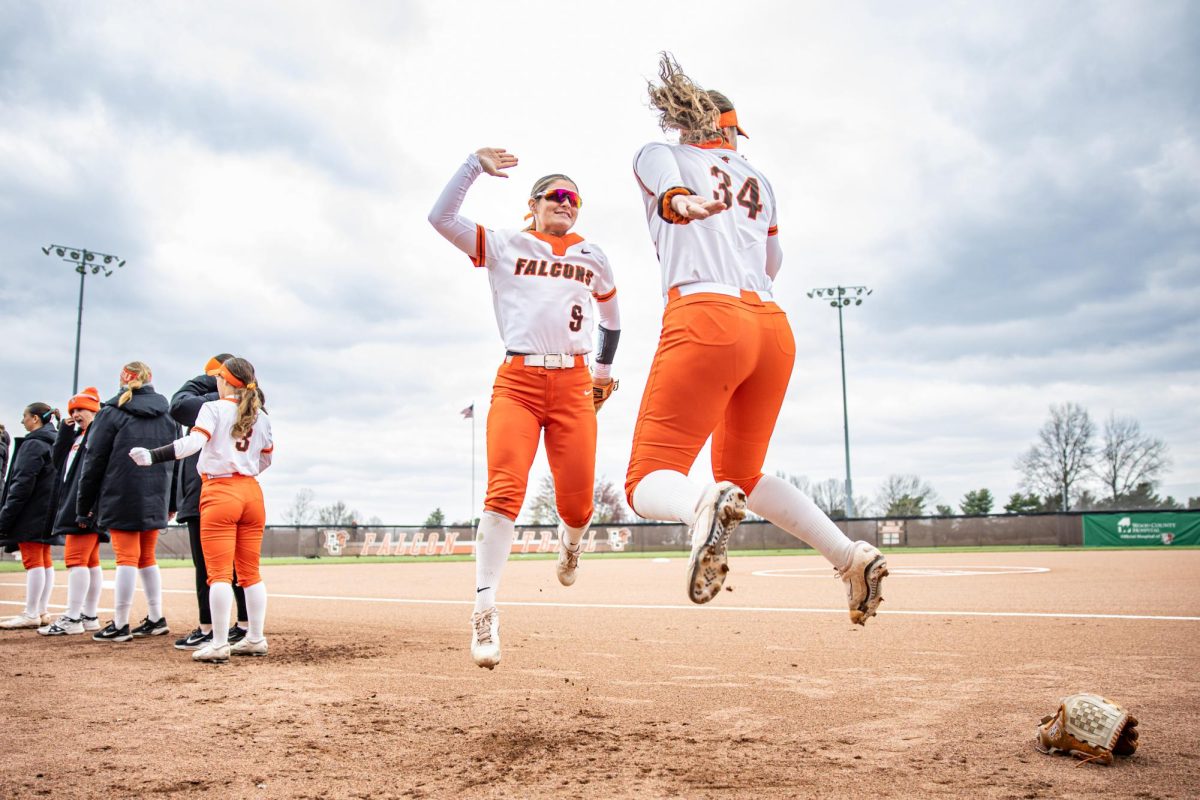Students cope with rising inflation
With tax day approaching, BG Falcon Media got the inside scoop on making the most bang for your buck while filing.
February 3, 2023
Emrys Rhodes lives with roommates and has picked up a second job to cover his basic needs. He is being frugal with spending, buying generic brands and limiting any expenses beyond necessities, however, pricing increases are hard to bear.
Rhodes, a graduate student pursuing a Ph.D. in philosophy, is only one of the many BGSU students struggling since the pandemic with the prices of gas, groceries and housing rising around the country.
“The weirdest benchmark I can give for this [is]…for years, the Aldi brand jar of pasta sauce was 85 cents a jar. It’s now $1.25. A lot of other things have similarly gone up in price, and this isn’t even brand name stuff,” Rhodes said. “I know that doesn’t sound like a lot, but when you’re barely squeaking by to begin with, it feels like a much bigger deal.”
Rhodes has experienced price increases in his gas, heating and electrical bills. He says, when the cost of utilities increases, he’s stuck with that price.
“That’s something that is a lot harder to control. Like if I notice other prices are going up, it’s easy to cut back, right? If I’ve already been keeping the heat as low as what’s comfortable, and that bill is going up, that money then has to come out of something else.”
Junior social work major Skylar Tucker is expecting her first child in five months and has also noticed an increase in the cost of necessities.
“Within the last year has been the most dramatic increase [in prices] that I’ve noticed,” Tucker said. “$20 used to get me near a full tank, and now I’m getting less than half a tank, so I’ve got to be spending at least double on that.”
While her partner’s income helps cover some expenses, Tucker budgets strictly to save for her family’s future needs. Tucker said that compared to times before the pandemic, she feels like she is in “panic save mode.”
“I don’t think that [before COVID] I would have been in as much of a panic save mode,” Tucker said. “I feel like I’m spending too much constantly and it’s always a concern.”
The chair of BGSU’s economics department Dr. Peter VanderHart specializes in macroeconomic issues such as inflation. He defines inflation simply as an “increase in the general level of prices.”
“Most measures of inflation are measured by combining everything that a household of four would purchase in a given month,” VanderHart said.
VanderHart said that there are three primary causes of inflation.
He said the government spent a lot of money on the COVID-19 pandemic. Followed by the Federal Reserve possibly not taking enough money out of the system to slow down the economy.
Finally, VanderHart said that supply chain issues from events like the war in Ukraine added to the overall effect.
However, VanderHart said that the economy is seeing some stabilization in recent months, even with prices continuing to rise. He warns that now is not the time to go job hunting, as unemployment could also be on the rise.
“Part of the cooling of demand is that you don’t need as many workers so people may get laid off,” Vanderhart said. “The Fed tries to engineer what’s called a soft landing, to stop inflation without a recession.”
Vanderhart noted that a soft landing requires precise timing, fiscal amounts, and calculations, so it can be hard to achieve. He also warns people to avoid going into any large debt at this time, a common problem for university students.
“Back in my day, there was sort of a vow of poverty that you took when you went to advanced schooling and even undergrad. But it’s gotten worse,” VanderHart said.
Rhodes doesn’t think that he could manage two jobs and earn a degree if his workload mirrored that of years prior.
“The only reason I’m able to have that job now is that I’m done with all my coursework. If I were still taking multiple graduate-level seminars per semester, I don’t think I could do that,” Rhodes said.
Tucker is doubtful that she could attend school without financial assistance from her family.
“Trying to do a full-time job of 40 hours a week with a full-time college schedule, that’s nearly impossible to do,” Tucker said. “It’s hard to live, it’s hard to function for two people, I’m about to have a third person, so I would really like things to go back to being affordable.”











